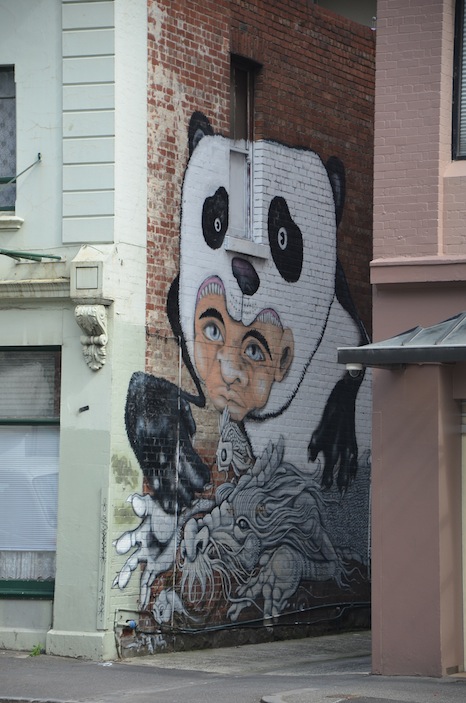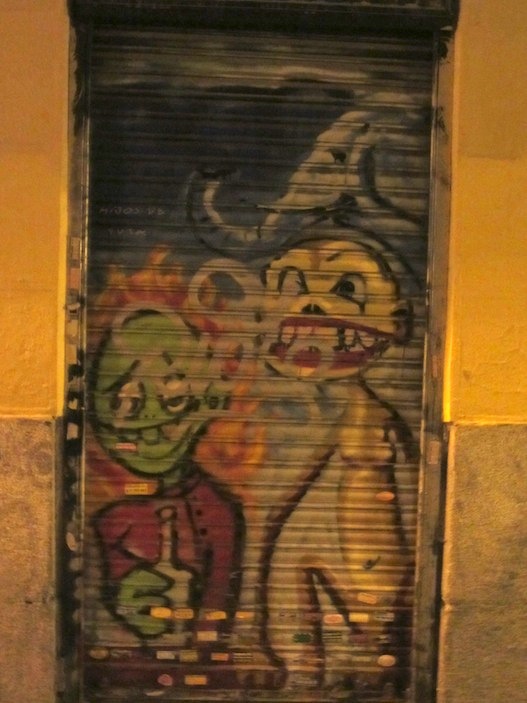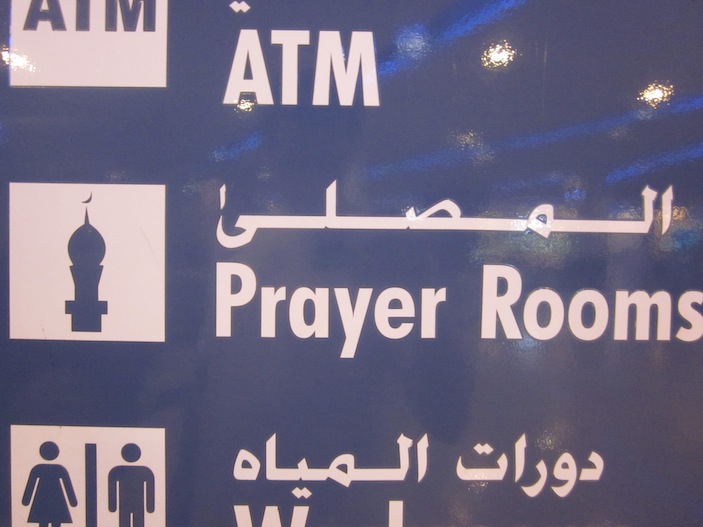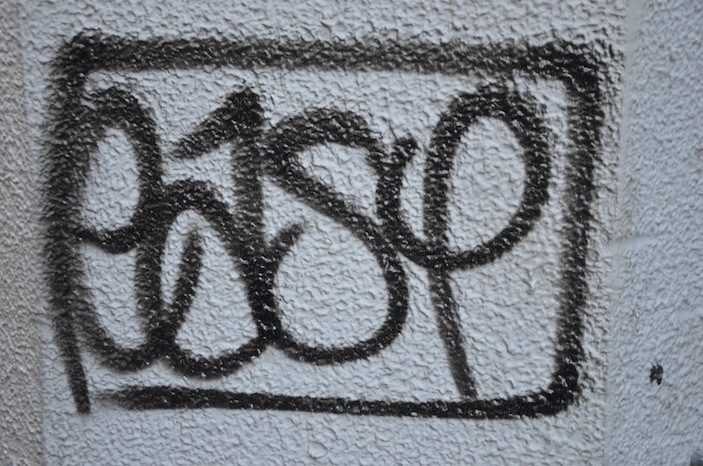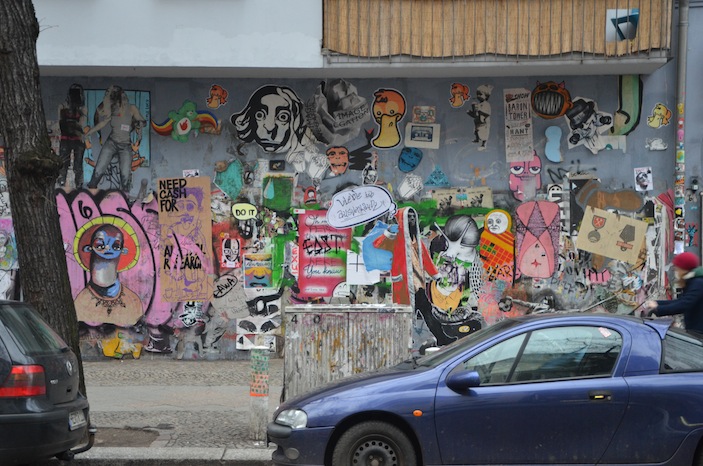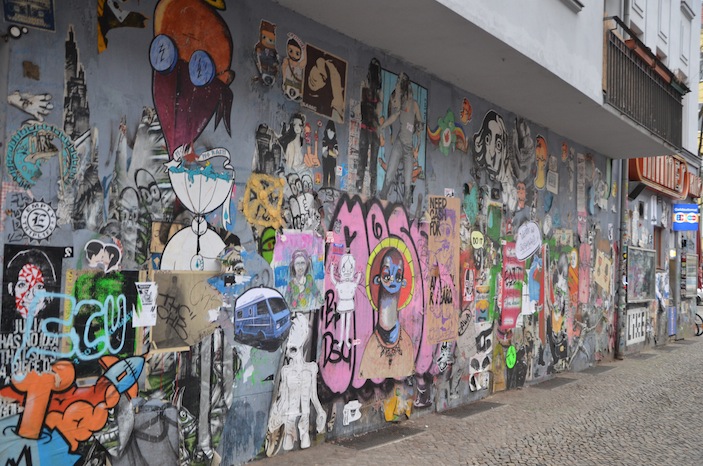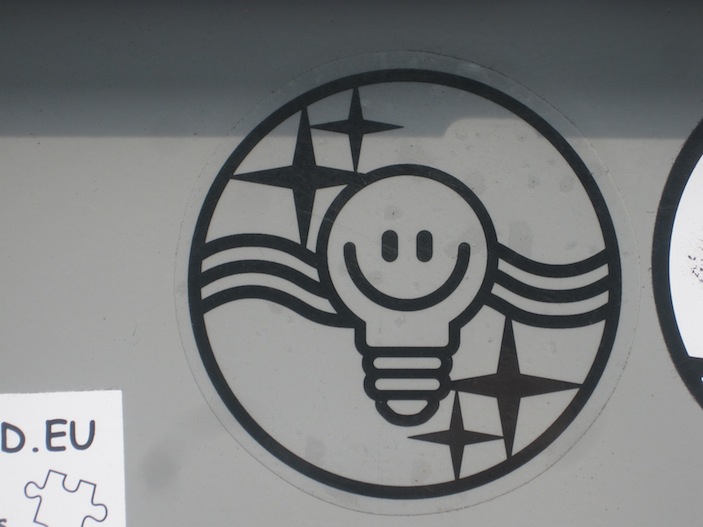Author Archive
IDmadrid: Strange Couple
When in Brasil, Make Sure to Try Feijoada…Just Make Sure to Do It on Wednesday or Saturday!
Often considered Brasil’s National Dish, feijoada is a hearty dish consisting of black beans, onion, garlic and a variety of meats—most commonly pork—slow cooked into a robust stew, served with farofa and white rice. It’s certainly something to try if you want to live like a Brazilian, but make sure you’re aware of your days.
You see, whether you plan to eat at someone’s house or in a restaurant, feijoada is only available on Wednesdays and Saturdays (with the occasional Sunday offering). That’s right—restaurants actually serve dishes only on particular days with all following the same cultural norms.
I couldn’t imagine such a practice being followed in the US—when we want something, we want it now. Sure, maybe pizza places are a little busier on Friday nights, but nobody’s going to tell me they can’t serve me pizza on a Wednesday, so long as my credit card works.
It has taken some getting used to, but I finally have a grasp on what foods go with what days of the week in Brazil, some of which are listed below. And while that knowledge may have almost no practical use—what is served is what I eat anyway—at least it helps me refrain for getting my heart set on feijoada when it won’t be possible to eat.
IDdubai: Prayer Room
IDtokyo: Easy
IDberlin: Art Wall
IDistanbul: Filmstrip Wall
IDjohannesburg: No Pistols
Let’s send a message to the U.S. Congress about gun control…ironic in light of the Pistorius controversy!
IDcostarica: The Pura Vida Culture
There aren’t many countries in the world that you can define in one sentence or less. For Costa Rica, it takes just two words: Pura Vida.
Translated literally as “pure life” (well, if you overlook Spanish grammar), visitors here tend to think of the phrase as an embodiment of a laid back, surfer lifestyle. Forgive them for that, given that most visitors here only experience exactly that—a few days on the beaches, a few trips down a zip line, and a tropical hike or two.
For Costa Ricans, though, who actually live here and work here and do much more than surf and hike, the phrase signifies an overall feeling of health and happiness. Think “hakuna matata” from The Lion King, a Swahili phrase that says there’s nothing to worry about.
Said here, pura vida symbolizes tight-knit communal ties, a happiness-above-all spirit and an appreciation for blessings.
As for its origins, well, there is some debate. But prevailing wisdom says that a 1956 Mexican film called Pura Vida, directed by Gilberto Martínez Solares, started the trend. In the movie, “pura vida” is the expression of eternal optimism used by the main character, played by Antonio Espino, who seems to be a walking comedy of errors. While it was not a commonly used expression in Costa Rica then, within 10 years after the film’s release the phrase had become a national staple.
Today, “Pura Vida” can be seen on all kinds of businesses, advertisements, souvenirs and is even included in some Spanish dictionaries. And, of course, it is still widely used in conversation, with a typical meeting of friends going something like this:
Person A: Todo bien? (“Everything okay?”)
Person B: Si, todo bien. Pura vida. (“Yes, everything’s good. Pura Vida.”)
Person A: Pura vida.
Now both parties are assured of each other’s well-being and commitment to the Costa Rican way of life, and can proceed to enjoy their beers.
Both: Salud. Pura Vida!
.jpg)
